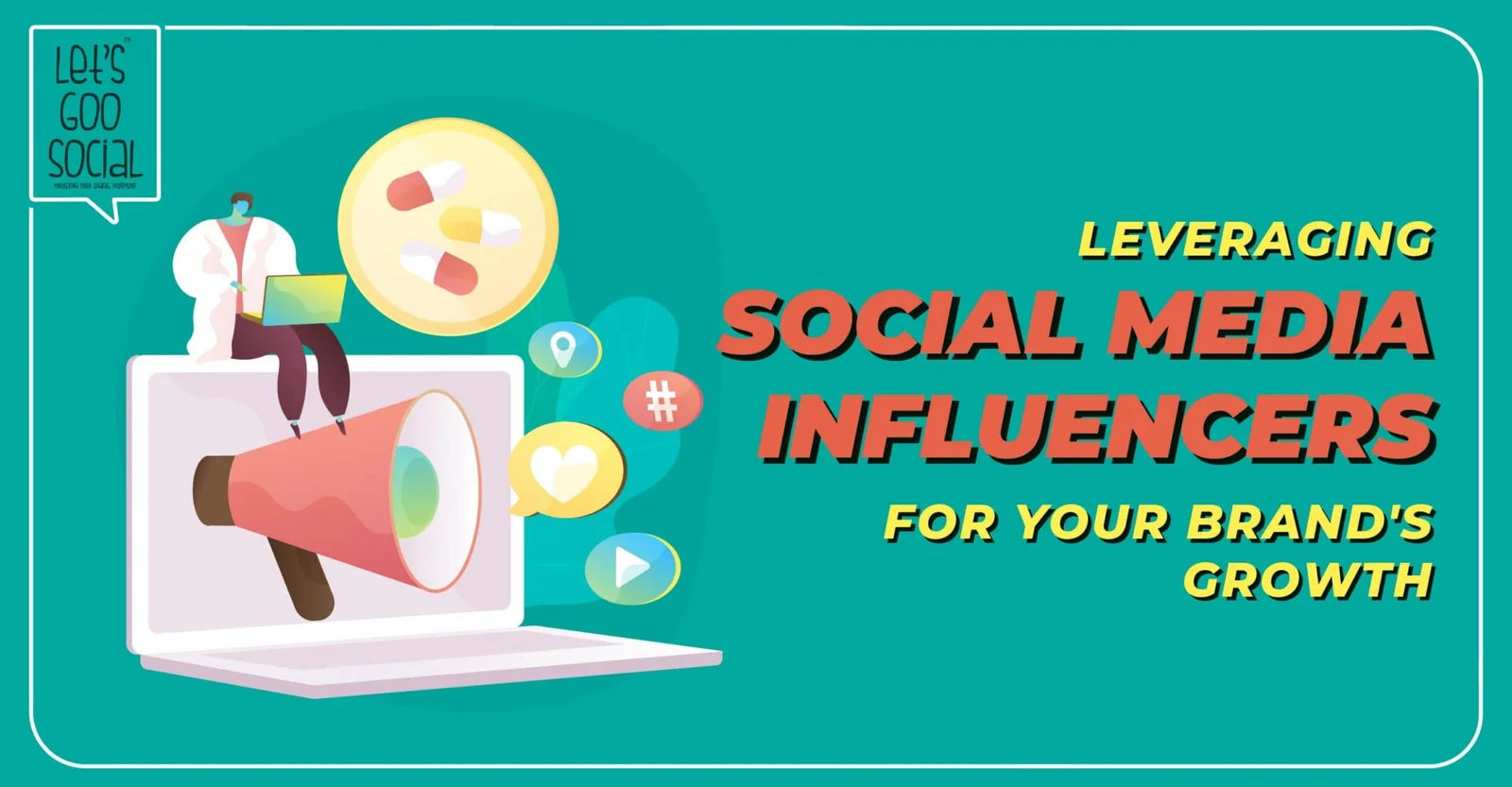Effective digital marketing strategies are essential for businesses aiming to grow their online presence, increase engagement, and drive conversions. In today’s competitive landscape, leveraging the right strategies can make a significant difference in reaching and converting your target audience.

Leverage SEO for Organic Growth
One of the most successful digital marketing strategies is search engine optimization (SEO). SEO ensures that your website ranks higher in search engine results, making it easier for potential customers to find your business.
Firstly, focus on keyword research. Use tools like Google Keyword Planner or Ahrefs to identify relevant keywords your audience is searching for. Integrate these keywords naturally into your website content, meta descriptions, and blog posts.
Secondly, optimize on-page elements such as titles, headers, and URLs. Search engines reward websites that follow SEO best practices by increasing their visibility. Ensure your content is high-quality, informative, and answers user queries effectively.
Thirdly, build backlinks from credible sources. Having reputable websites link back to your content improves your site’s domain authority, further boosting its ranking. Guest posting, creating shareable content, and collaborating with influencers in your niche are great ways to build backlinks.
Invest in Content Marketing
Content marketing is a cornerstone of effective digital marketing strategies. By providing valuable, informative, and engaging content, you establish authority in your industry and build trust with your audience.
Firstly, develop a content calendar to ensure consistent publishing. This includes blog posts, eBooks, whitepapers, infographics, and video content. A well-structured plan helps you cover a range of topics that are relevant to your audience and business objectives.
Secondly, optimize your content for SEO to drive organic traffic. Incorporate targeted keywords and provide solutions to common pain points your audience faces. Long-form content, especially blog posts exceeding 1,000 words, tends to rank better in search engines and provides more in-depth information to users.
Thirdly, distribute your content through multiple channels, including social media, email newsletters, and guest blogs. This maximizes your content’s reach and encourages user interaction.
Use Social Media to Build Engagement
Social media platforms are crucial for reaching a broader audience. Effective digital marketing strategies must include social media to build engagement and foster brand loyalty.
Firstly, identify the right platforms for your business. Whether it’s Facebook, Instagram, LinkedIn, or Twitter, each platform serves different demographics. Focus on the platforms that align with your target audience’s preferences.
Secondly, create engaging and shareable content. Videos, live streams, polls, and interactive posts generate higher engagement rates than static images or text posts. Engaging content increases visibility as users share and interact with your posts.
Thirdly, leverage paid social media advertising. Targeted ads on platforms like Facebook or Instagram allow you to reach specific audiences based on demographics, interests, and behaviors. Paid ads, when done correctly, boost brand awareness and drive traffic to your website.
Email Marketing for Direct Communication
Despite the rise of social media, email marketing remains one of the most effective digital marketing strategies for direct communication with your audience. It allows businesses to build personal connections and nurture leads.
Firstly, build a strong email list. Offer incentives such as free eBooks, discounts, or exclusive content in exchange for email sign-ups. Having a quality email list ensures that you’re reaching people genuinely interested in your offerings.
Secondly, personalize your emails to improve open rates and engagement. Using the recipient’s name and tailoring content to their specific interests increases the effectiveness of your campaigns.
Thirdly, segment your email lists based on customer behavior, purchase history, or preferences. Segmentation allows you to send more relevant content to each group, improving engagement and conversion rates.
Utilize PPC Campaigns for Quick Results
Pay-per-click (PPC) advertising is one of the effective digital marketing strategies for businesses seeking quick results. With PPC campaigns, you only pay when users click on your ads, making it a cost-effective strategy for driving traffic.
Firstly, choose the right platform for your PPC campaigns. Google Ads and Bing Ads are ideal for search engine campaigns, while Facebook and Instagram Ads are perfect for social media engagement. Ensure that your ads appear where your audience is most active.
Secondly, craft compelling ad copy and visuals. Strong visuals and clear, action-driven copy encourage users to click on your ads. A/B test different versions to determine what resonates most with your audience.
Thirdly, optimize your landing pages for conversions. When users click on your ads, the landing page should provide exactly what they are looking for. Streamline your landing pages to be user-friendly, with clear calls to action that guide users toward the desired outcome.
Conclusion
In conclusion, effective digital marketing strategies include SEO, content marketing, social media engagement, email marketing, and PPC advertising. Each of these strategies plays a crucial role in building your online presence, increasing engagement, and driving conversions. By focusing on these areas, businesses can enhance their digital marketing efforts and achieve sustainable growth in 2024 and beyond.




